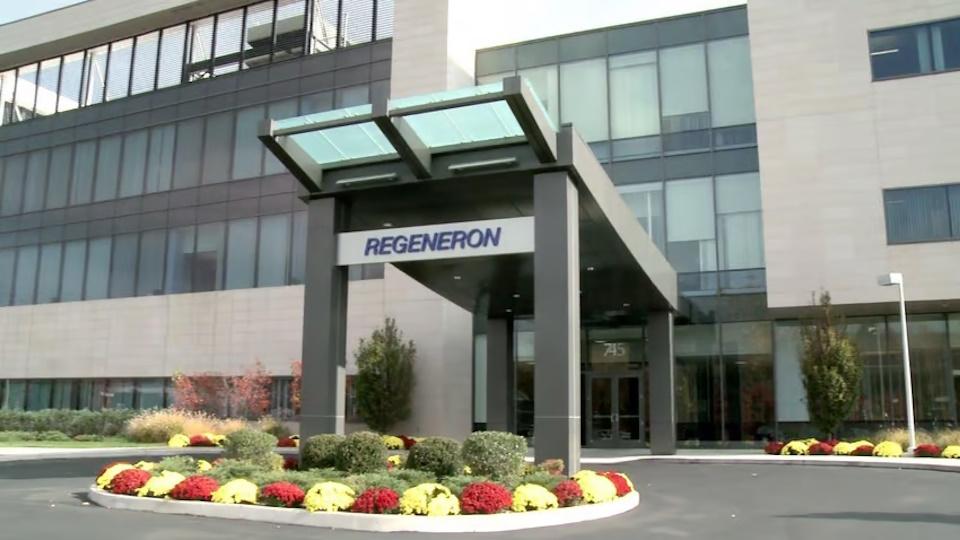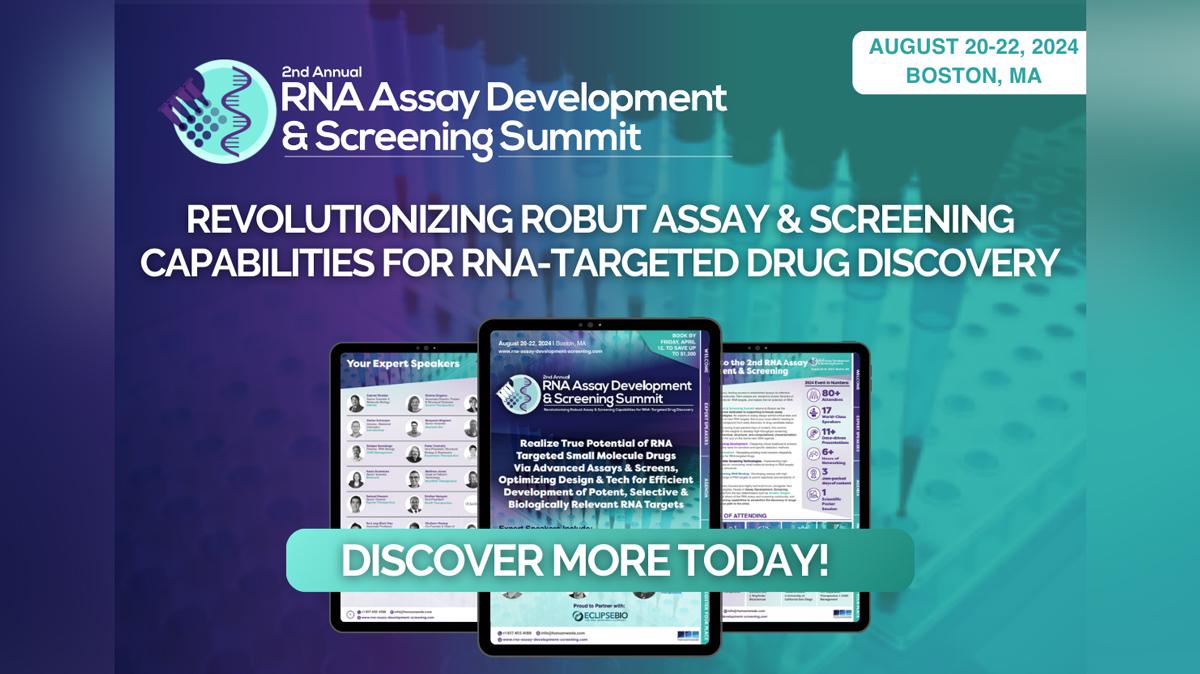AbbVie makes move into immuno-oncology with argenx deal

AbbVie is to collaborate with biotech argenx to develop and commercialise ARGX-115, a preclinical human antibody programme targeting the novel immuno-oncology target GARP, a transmembrane protein believed to contribute to immune-suppressive effects of T-cells.
Netherlands-based argenx will receive $40 million upfront from AbbVie for the exclusive option to license ARGX-115 and near-term preclinical milestones of $20 million.
AbbVie is cash-rich, with almost $8.4 billion in its coffers, thanks to its inflammatory diseases medicine Humira (adalimumab), which is the world's biggest-selling drug with sales of more than $14 billion in 2015.
But the drug is due to go off patent this year in the US, and in Europe in 2018, so the firm wants to boost its pipeline to replace the lost sales.
AbbVie's move shows it is also looking to move into immuno-oncology in the longer term, a field where Merck & Co and Bristol-Myers Squibb have developed potential blockbuster drugs with Keytruda (pembrolizumab) and Opdivo (nivolumab), respectively.
Argenx could receive up to $625 million upon achievement of predetermined additional development, regulatory and commercial milestones, and tiered up to double-digit royalties upon commercialisation.
The biotech has the right to co-promote ARGX-115-based products in the EU and Swiss economic area and combine the product with its own future immuno-oncology programmes.
If AbbVie does not exercise its option to license ARGX-115, argenx retains the right to develop it alone.
AbbVie will fund further GARP-related research by argenx for an initial period of two years and will have the right to license additional drugs emerging from the research, for which the biotech could receive associated milestone and royalty payments.
Related stories:












